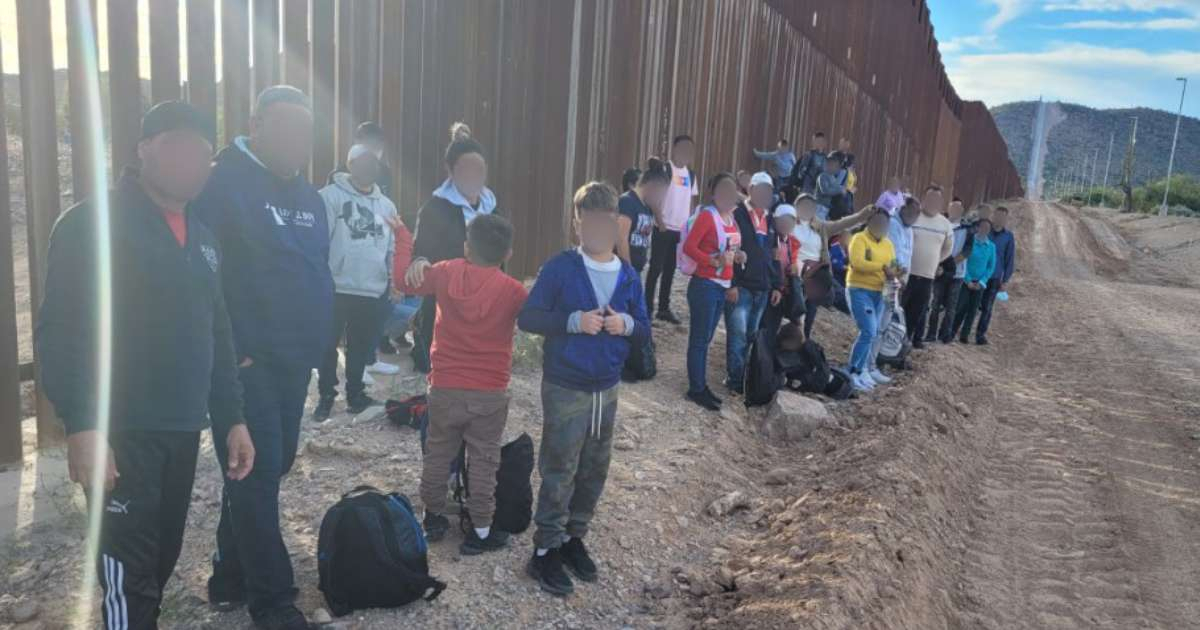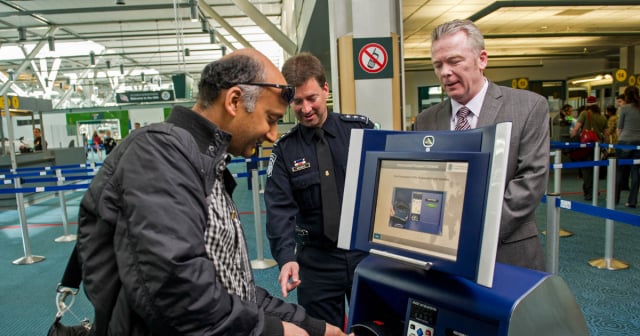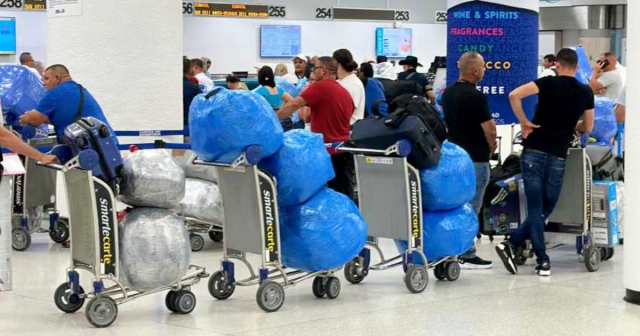
The expert lawyer in immigration issues Willy Allen has explained to CyberCuba the five reasons for which a person can ask asylum in the United States: persecution due to raza, of religion, by nationality, for being part of a social group in particular and for political opinions that they have been expressed and that the Government knows that they have been expressed and seeks to crush their author for it.
In an interview with CiberCuba, Allen highlighted that it is not enough to say that you never liked the Castro Government and that you were always against them. "If you did not express it, if you did not make it known that that was your opinion, then you have not been persecuted for that because no one knew. The answer: everyone knows it, it is not a very strong answer."
Allen, when talking about asylum issues, likes to tell the story of a barber from Havana, who had his business in his home, whom he defended in an asylum process. During the trial his client explained convincingly that in his barbershop they constantly talked about the political situation in the country, the lack of fuel, the blackouts... In this way the barbershop became a center where political opinions were expressed. And those comments made by everyone who passed by led him to have his house searched and the chairs in his business taken away, surely because someone from the CDR or the Government had raised the alarm.
"That is an example of persecution for political opinion, which was being expressed publicly," adds Allen, who clarifies that it is not enough to say that you did not agree with the Government, that they did not let you study Astronomy and forced you to study Architecture. , or if you wanted to be a doctor and they put you to work as an agronomist. "That is not political persecution," he stressed.
Regarding granting asylum to specific social groups, Allen gives as an example the moment in political history in Cuba when gays were persecuted and crushed or the persecution of practitioners of the Afro-Cuban religion. There is also the case of independent journalists in Cuba or doctors, who belong to a persecuted social group on the Island.
"I have won many asylums for Cuban doctors who can be considered, in particular, a social group that the Cuban Government wants to control and that internally, if they do not want to go on missions or do not want to collaborate, they can crush them," said the lawyer.
To questions from CiberCuba, Allen defended that if a person is neither a doctor nor an independent journalist, but was in the demonstrations on July 11, 2021, he or she does not necessarily deserve asylum if, after taking to the streets to protest, he or she did not suffer an injury. arrest or lost his job because of it. "Having participated in that demonstration is not political asylum. I think it is a mistake to say: 'I participated'. Ok, but what happened to you? No, they didn't realize that I was participating, but they already know. It's very difficult".
However, Willy Allen assures that he has won asylum for people who demonstrated on July 11. In their case, it was a group of people who left Cuba by boat because they did not want to go out and distribute sticks in the street that day. "It all depends on your individual case," he insists.
Furthermore, the lawyer emphasizes that it is very important that when testifying, the person requesting asylum does so in a "coherent" and "consistent" way. That is, "being able to clearly explain that in your barbershop you allowed political discussions to take place, what type of discussions there were, what they were talking about and why it was considered that there was something to repress in that place."
In the same way, if someone claims that they went out to protest, they must be able to clearly explain what they were protesting against, why they did it, how and where they participated, and what happened to them. "The devil is always in the details."
It is useless to explain that "it happened to us all the same" because that does not justify that you have been persecuted. "What happened to you and why? Where? and How?" It is not valid, in these cases, he stressed, to say that one does not remember if it was during the day or at night. "If they gave you three sticks and you don't remember if it was day or night, the sticks didn't hurt you much," he concluded.
The lawyer has also explained to CiberCuba the three reasons why a Cuban can lose his residence in the United States (for criminal offense, abandonment or fraud) and In which specific cases you can be subjected to several interviews until you lose your status as a resident in the United States for having traveled to the Island.
What do you think?
SEE COMMENTS (2)Filed in:






